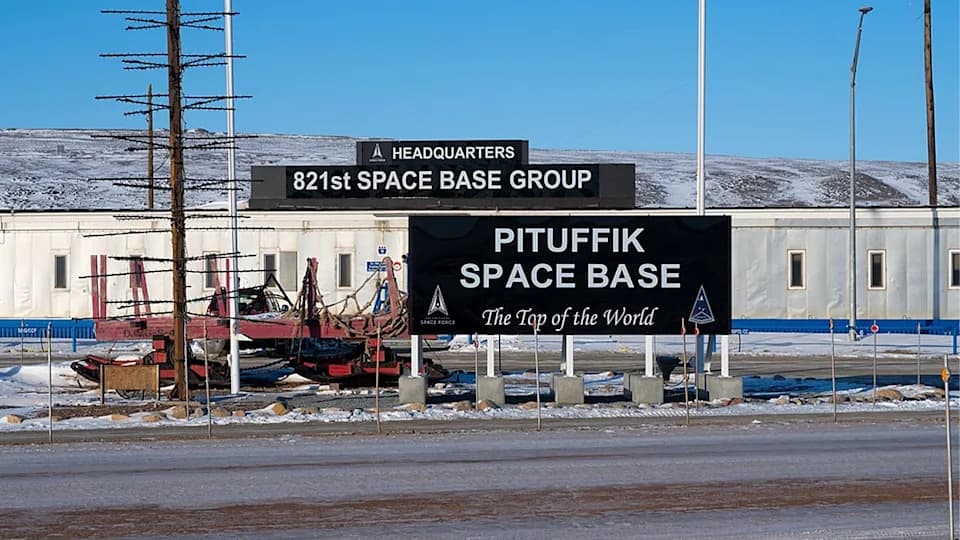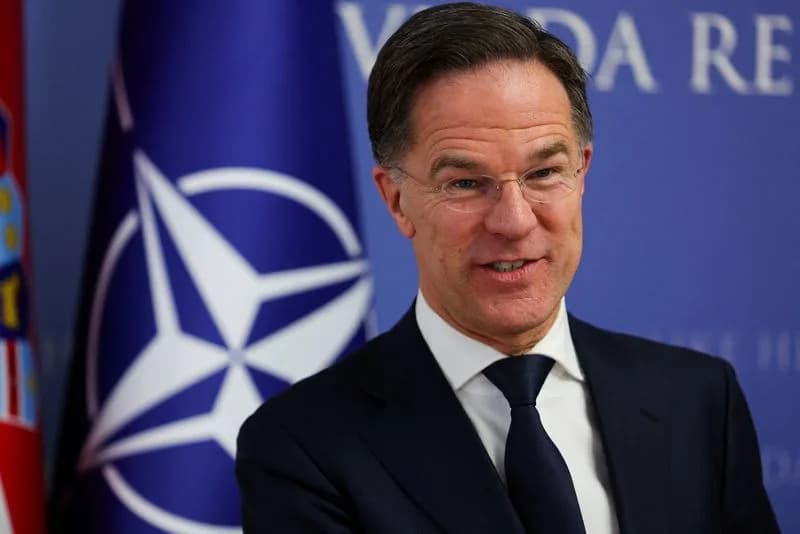Neptune Strike is a multinational NATO exercise off Italy that practices long-range strikes and defenses along the alliance's eastern flank. HMS Prince of Wales is hosting 26 U.S.-made F‑35s as nine allies rehearse coordinated operations near Russia. Leaders say the drills underscore deterrence and readiness amid repeated Russian probes of NATO airspace and a reduced U.S. footprint this year as Europeans are urged to shoulder more defense responsibility.
Neptune Strike: NATO Drills Off Italy Spotlight Reduced U.S. Role and Alliance Readiness
Allied forces are conducting Neptune Strike, a large-scale NATO exercise off the coast of Italy that simulates long-range strikes and defenses in the event of a conflict with Russia. The operation is centered around HMS Prince of Wales, a British aircraft carrier operating in the Mediterranean that is carrying 26 American-made F‑35 fighter jets.
Exercise focus and participants
The drills bring the United States together with nine allies — including the United Kingdom, Greece, Poland and Turkey — to rehearse coordinated long-range strikes along NATO's eastern flank and to practice strikes on training areas near Russia. The operation emphasizes defending strategic waterways such as the Mediterranean Sea, which links Europe with Africa and the Middle East and handles roughly 30% of global oil shipments, according to United Nations figures.
Why the exercise matters
The exercise comes amid repeated Russian probes of NATO airspace using drones and fighter aircraft. "I see those activities as intended to stress the alliance," said Gen. Alexus Grynkewich, head of U.S. European Command and NATO Supreme Allied Commander Europe. Grynkewich, who oversees roughly 80,000 U.S. personnel in Europe, has warned that NATO should be prepared to confront the possibility of concurrent conflicts with both Russia and China by 2027.
"Of course, we don't hope for that outcome, but you want to be ready for any contingency," Grynkewich said. He added that war with one or both superpowers is "absolutely not" inevitable and emphasized that NATO's primary goal is deterrence.
Shifting U.S. footprint and allied burden-sharing
While the United States has participated in previous Neptune Strike iterations, its physical presence this year was smaller. U.S. involvement has been reduced amid political pressure from the former Trump administration for European NATO members to assume a larger share of defense responsibilities. Since his first term, former President Donald Trump has repeatedly urged allies to increase defense spending, at times suggesting targets as high as 5% of GDP. The Pentagon has also announced reductions in the number of U.S. troops deployed to parts of Eastern Europe.
Even with a smaller footprint, some high-profile U.S. assets participated: B‑52 bombers from the U.S. Air Force's Bomber Task Force were deployed for this year's drills.
Lessons from Ukraine
Russia's invasion of Ukraine in 2022 has drawn Moscow into a costly and protracted conflict that has reshaped European security calculations and produced heavy casualties. "The war in Ukraine has taught us that now, more than ever, the NATO alliance is incredibly important," said Lt. Col. Mike Carty, a British fighter pilot and Royal Air Force squadron commander. He added that aspects of Russia's campaign were intended to destabilize Europe and NATO — a strategy he believes has had the opposite effect.
Grynkewich stressed that high readiness across the alliance is the best deterrent. "NATO is ready to fight today if it has to," he said, underscoring that preparedness aims to prevent conflict, not invite it.
Help us improve.

































